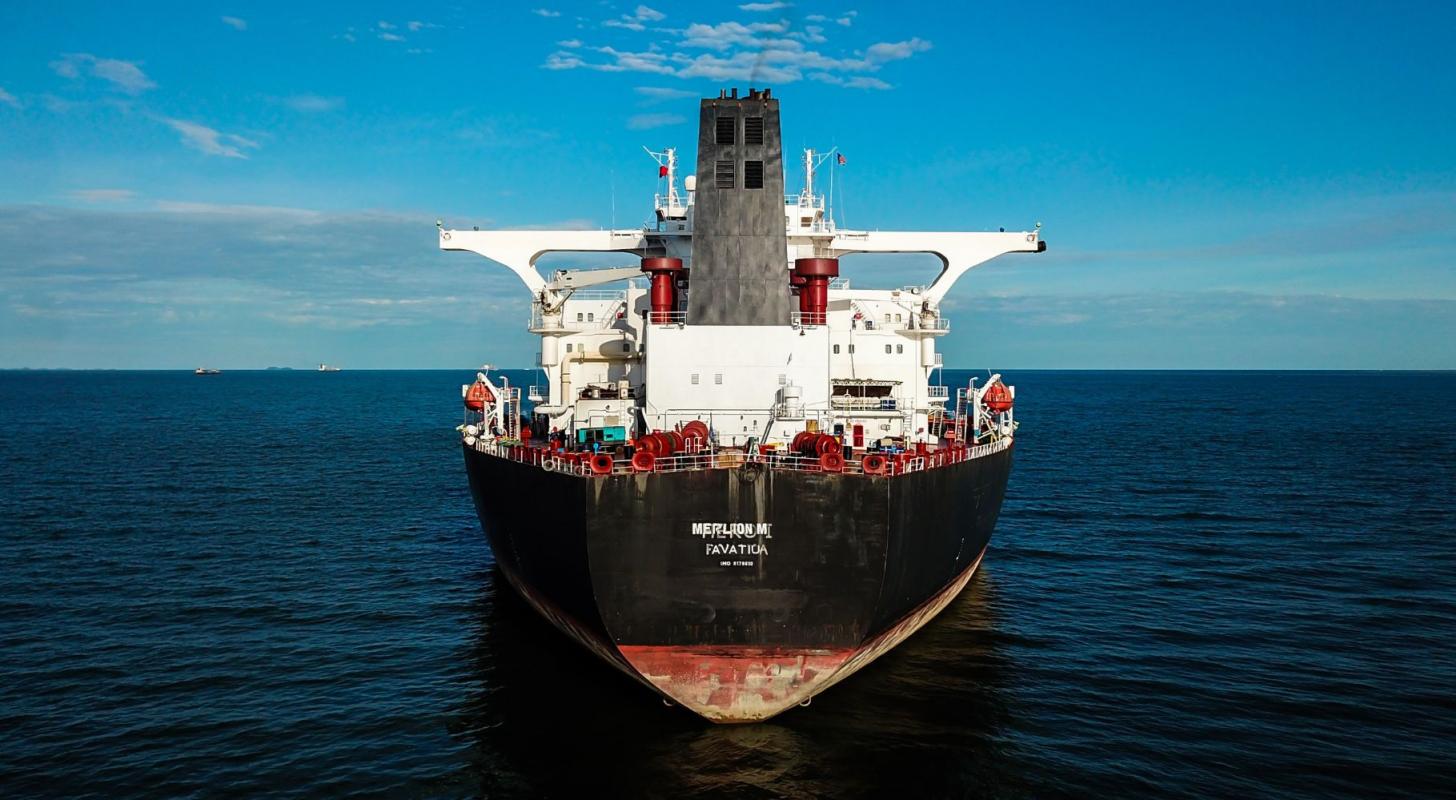
Ahead of this Sunday’s OPEC+ meeting to discuss its oil production policy, the European Union has decided to ban all sea shipments of imports Russian oil on Monday.
Led by the US Treasury Department and in cooperation with the G7, Western nations will impose a price cap on all Russian oil transported by sea. These initiatives aim to limit Russia’s war funds without disrupting the world’s oil supplies.
The G7 price cap for Russian oil is and will remain at $60 a barrel comes into force on December 5th.
On Saturday, a Kremlin spokesman said Russia would “not accept” the price cap set by the G7, adding that Russia would continue to analyze the situation.
What to expect: With Russia accounting for about 10% of world oil production and supplying most of Europe’s oil and gas before the war began, EU countries may find it more expensive and difficult to source oil and gas from other markets.
The import ban on Russian oil will also affect maritime services such as insurance and financial services on any tanker carrying Russian oil.
With the EU and UK providing a large share of the world’s maritime services, Lloyd’s of London and the International Group of P&I Clubs marine insurers cover more than 90% of the world’s tankers, NPR reported. This could be a major blow to tankers carrying Russian oil, as most ports around the world require insurance before docking.
In addition, there is a clause in the US Treasury Department’s guidance on the implementation of the price cap policy that states that once crude oil is refined in a jurisdiction other than the Russian Federation, it is no longer considered to be of Russian Federation origin, and thus the price cap does not apply (even if the refined oil is further exported by sea transport)”.
In essence, this would allow a refiner that hasn’t banned imports of Russian oil to buy the product at or below the price cap and rely on US naval services.
Likewise…
[ad_2]
Source story

